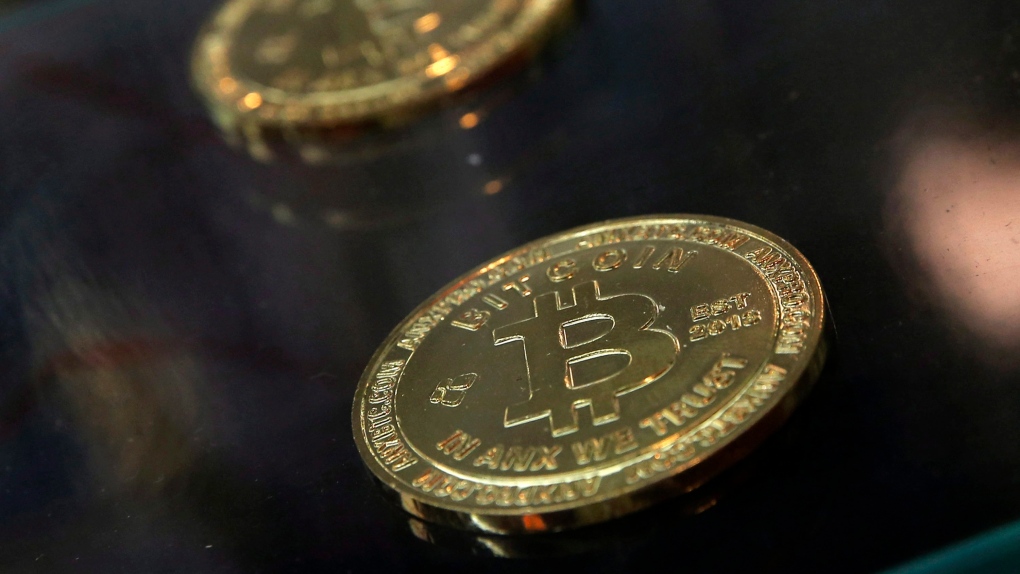The British Columbia government has filed an unexplained wealth order in an effort to seize a quarter-million dollars in cash, as well as 45 gold bars and luxury jewelry from the operator of a fraudulent cryptocurrency exchange company.
B.C. Supreme Court documents show the items were discovered in a safety deposit box belonging to Michael Patryn, one of the co-founders of the Vancouver-based Quadriga Coin Exchange.
Fellow founder Gerald Cotton, 30, died suddenly while travelling in India in 2018, leaving platform users and investors unable to access an estimated $215 million in cash and cryptocurrency assets.
The company sought creditor protection and was placed into bankruptcy in 2019.
An investigation by the Ontario Securities Commission found the company operated like a Ponzi scheme, and concluded in a 2020 report that what happened at Quadriga “was an old-fashioned fraud wrapped in modern technology.”
Safety deposit box seized
In a statement Wednesday, B.C. Solicitor General Mike Farnworth announced that the province’s civil forfeiture office had filed its third-ever unexplained wealth order, targeting Quadriga as a “demonstration of our government’s commitment to take decisive action against criminals and organized crime.”
According to the notice of civil claim, Mounties seized the valuables from Patryn’s safety deposit box located at a CIBC branch in downtown Vancouver in June 2021.
Inside the box, police found $250,200 in Canadian currency bound into five bundles held with elastic bands, gold bars from Canada and Australia, two Rolex Datejust watches, a Chanel J12 Black Diamond watch, a Baume & Mercier Men’s Classima Executive watch, as well as various pieces of jewelry, according to the claim.
A .45-calibre Ruger 1911 pistol, two magazines of ammunition and various pieces of identification under Patryn’s name and his assumed names – Omar Dhanani and Omar Patryn – were also found, according to the claim.
Patryn responds to claim
Patryn was last known to be in Thailand and his occupation is not known, the claim states.
In his response to the claim filed last October, Patryn denies the items were the proceeds or instruments of unlawful activity.
He also alleges the police investigation “was conducted in such a manner that, and evidence was obtained during the investigation in such a manner” that breached his Charter rights.
Farnworth went on to note that thousands of people lost their life savings in the collapse of the Quadriga Coin Exchange.
“Gold bars may be highly liquid, and flashy luxury goods, such as jewelry and Rolex watches, attract attention, but they are also attracting the attention of police and our government,” he said.
“If they are the proceeds of criminal activity like fraud, drug trafficking or money laundering, we will go after them.”
It is estimated that more than 76,000 Quadriga clients – approximately 40 per cent of them in Ontario – were owed a combined $215 million when the company collapsed.
Ernst & Young, Quadriga’s bankruptcy trustee, was only able to recover approximately $46 million in assets to pay out to clients.
The B.C. government filed its first unexplained wealth order late last year in an attempt to force a couple to explain how they purchased a $1.8-million property on Salt Spring Island in 2017.
With files from The Canadian Press







